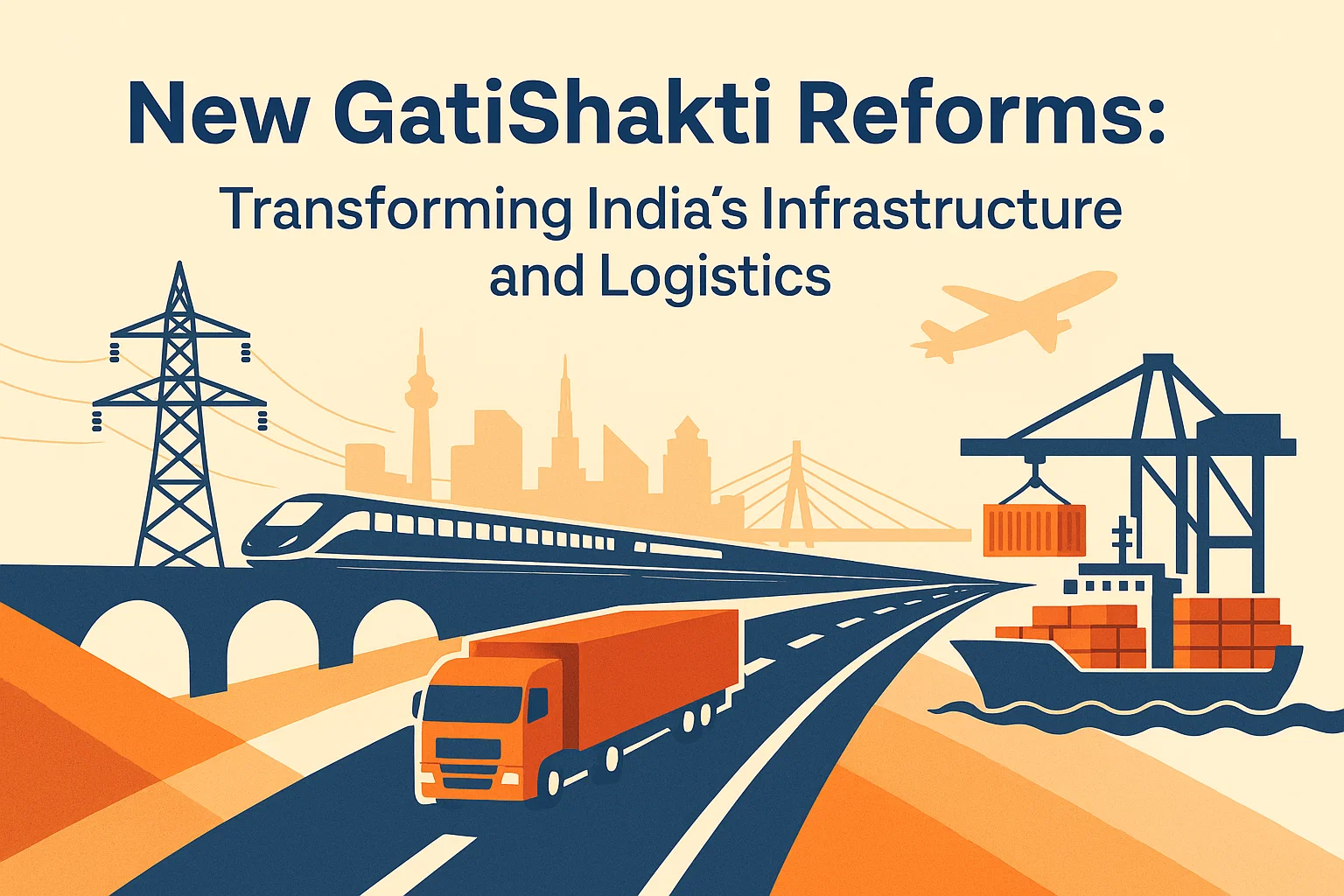Font size:
Print
Special Economic Zone
Context:
The proposed Central Excise Bill, 2024, does not exempt excisable goods produced or manufactured in a Special Economic Zone (SEZ) and brought to any other place in India from duty.
More on News:
- According to the bill any exemption will need to be notified separately by the Central government, if deemed fit.
-
- SEZ units are currently exempt from central excise duty.
- Implementation may mitigate misuse of incentives and alleged duty evasion in SEZ units, the Bill is not expected to be a part of the upcoming full Budget of the new government.
- Currently central excise duty is imposed on a limited range of goods such as tobacco, crude oil, gasoline, diesel, natural gas, and air turbine fuel, with most other goods now falling under the GST regime.

Special Economic Zone:
- SEZs are areas with distinct business and trade laws within national borders.
- aiming to improve trade balance, employment, investment, job creation, and administration.
- Financial policies encourage business setup through incentives in investing, taxation, trading, quotas, customs, and labour regulations.
- India’s first Export Processing Zone (EPZ) was established at Kandla in 1965.
- Other important SEZ are including:
- Cochin Special Economic Zone
- Madras Special Economic Zone
- Visakhapatnam Special Economic Zone
- Falta Special Economic Zone
- Other important SEZ are including:
- SEZs were created as early 1990s economic reforms failed to achieve desired growth.
- The SEZ Policy announced in April 2000 led to efficient zones with world-class infrastructure.
- The SEZ Act, 2005, and SEZ Rules became effective on 10th February 2006.
Types of SEZ:
- Free-Trade Zone: Secured areas for processing imported and exported goods, featuring special customs procedures and duty-free treatment.
- Export Processing Zone: Designed for commercial and industrial exports, offering benefits like tax exemptions and reduced barriers to encourage foreign investment.
- Industrial Park: Areas designated for industrial use, offering tax incentives and other benefits to industrial operations.
- Specialized Zone: Includes technology hubs, airport-based zones, and logistics parks, catering to specific industries with tailored incentives and infrastructure.
Role of SEZ in Indian Economy:
- To provide an internationally competitive environment.
- To encourage FDI and GDP.
- To increase share in global exports.
- Generate employment opportunities.
- Boost infrastructure development and growth in the manufacturing sector.
Disadvantages of SEZ:
- Loss of Government Revenue
- Land Grabbing
- Regional Disparity
- Loss of Agricultural Land
- Compensatory Problems


